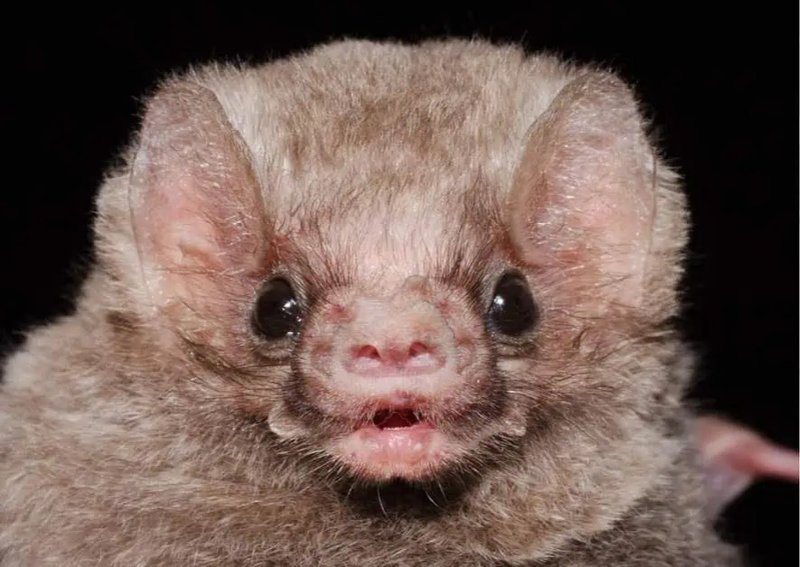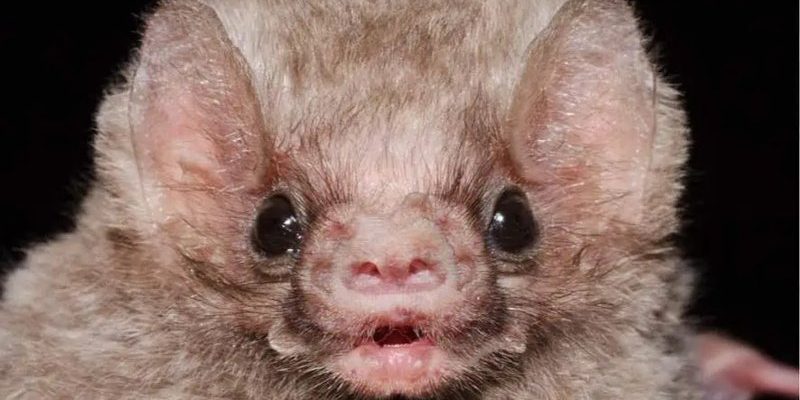
Vampire bats, especially the common vampire bat (*Desmodus rotundus*), possess a range of skills that demonstrate their sharp minds. They’re not just mindless bloodsuckers; their behaviors give us a peek into the fascinating world of animal intelligence. Let me explain how they think, learn, and interact with their fellow bats. It’s like diving into a mini-drama of survival and social interaction right in the heart of the animal kingdom.
Understanding Vampire Bat Intelligence
You might be wondering how we even measure intelligence in animals like vampire bats. Unlike humans, bats don’t take standardized tests, but researchers have identified indicators of intelligence through their behaviors and interactions. For instance, scientists assess their problem-solving skills through various tasks, such as navigating mazes or manipulating objects to gain food.
Vampire bats are also known for their social intelligence. They live in colonies and rely on one another for survival. Some bats will regurgitate blood for their hungry companions, showing a level of empathy and social bonding. This behavior suggests that they remember who helps them and who doesn’t. They even engage in what we might call *social learning*, mimicking the behaviors of others in their group.
So, when we say vampire bats are *smart*, we’re really talking about their ability to adapt, learn, and thrive in complex social structures. They might not be solving algebra equations, but their survival skills are downright impressive.
Social Structure and Relationships
Vampire bats are *highly social* creatures that thrive in a communal setting. They often roost together in large colonies, where they develop intricate social relationships. Think of it like a close-knit neighborhood where everyone knows each other. These social bonds are crucial for their survival, especially when it comes to sharing food.
In the wild, a vampire bat might not always find a meal every night, which can spell disaster. But here’s the intriguing part: if a bat has a good night and finds a meal, it may share the bounty with others in its colony that weren’t so lucky. This behavior isn’t just altruism; it’s a tactic for building alliances. A bat that shares food will likely receive help in the future if it finds itself hungry. This kind of behavior shows their awareness of social dynamics, making their social relationships quite sophisticated.
To illustrate, imagine a bat named Bella. If Bella has a successful night of feeding, she might share with her friend, Max, who struck out that night. In turn, Max is more likely to help Bella when she’s in need. This cycle strengthens their bond and ensures their survival, showcasing a remarkable level of interaction that reveals their intelligence.
Learning and Problem Solving
Here’s the thing about vampire bats: they’re not just good at finding food; they’re also pretty clever when it comes to getting it. Bats have been observed using their sharp teeth to make small incisions in their prey, typically livestock. But how do they learn to do this?
Recent studies have shown that vampire bats can learn through trial and error. When a bat successfully feeds from a host, it often remembers the techniques used to succeed. Researchers have even found that young bats watch older bats feed and learn the best methods to get a meal. This ability to learn from others is a sign of intelligence that’s quite impressive.
Problem-solving is another area where vampire bats shine. In controlled experiments, bats faced challenges that required creative thinking to retrieve food. They had to navigate obstacles while finding their way to a reward. Their success in these tasks indicates that they can analyze situations, figure out solutions, and adapt their strategies based on past experiences.
Communication Skills
Vampire bats also exhibit fascinating communication skills. They use a variety of sounds and vocalizations to convey messages to one another. For example, their calls can signal the presence of food or alert others to potential dangers. This form of communication is essential for maintaining the social structure of their colonies.
A study found that different calls have specific meanings, much like how humans use language. The nuances in their vocalizations indicate their ability to convey different types of information, whether it’s about finding food or warning others about predators. This signifies a level of complexity in their communication that further cements their status as intelligent creatures.
Moreover, the way they respond to each other’s calls is telling. If one bat hears a distress call, it may come to help or investigate. This responsiveness highlights a level of empathy and relational understanding within their communities, proving that their social interactions are rich and meaningful.
Adaptability and Survival Strategies
Vampire bats are masters of adaptation, which is a critical aspect of their intelligence. They’ve evolved to feed on the blood of other animals, primarily livestock, and have developed unique techniques to survive in various environments. Their ability to adjust to different conditions—like changes in weather or prey availability—is a clear indicator of their cognitive flexibility.
For instance, in regions where food sources become scarce, vampire bats have been known to relocate or shift their feeding habits. They don’t just stick to one area; they explore, learn about their surroundings, and change their behavior based on what they find. This adaptability helps them thrive in diverse habitats, from tropical forests to grasslands.
Moreover, scientists have observed that these bats can manage their energy reserves meticulously. They know when to be cautious and conserve energy versus when to expend it while hunting for food. This careful decision-making showcases their intelligence, as they weigh risks against benefits in their daily lives.
In the end, when we talk about how smart a vampire bat is, we’re diving into a fascinating world of skills and behaviors that go beyond mere survival. Their cognitive abilities, social structures, and adaptability make them remarkable creatures. From sharing food with friends to communicating effectively and solving problems, vampire bats are living proof that intelligence comes in many forms.
So, the next time you hear about vampire bats, remember that there’s a lot more to them than just their blood-sucking reputation. These creatures are packed with personality, intelligence, and social skills that help them thrive in their world. If you’ve ever doubted the smarts of these little mammals, it’s time to reevaluate and appreciate the cleverness hidden in their wings!

